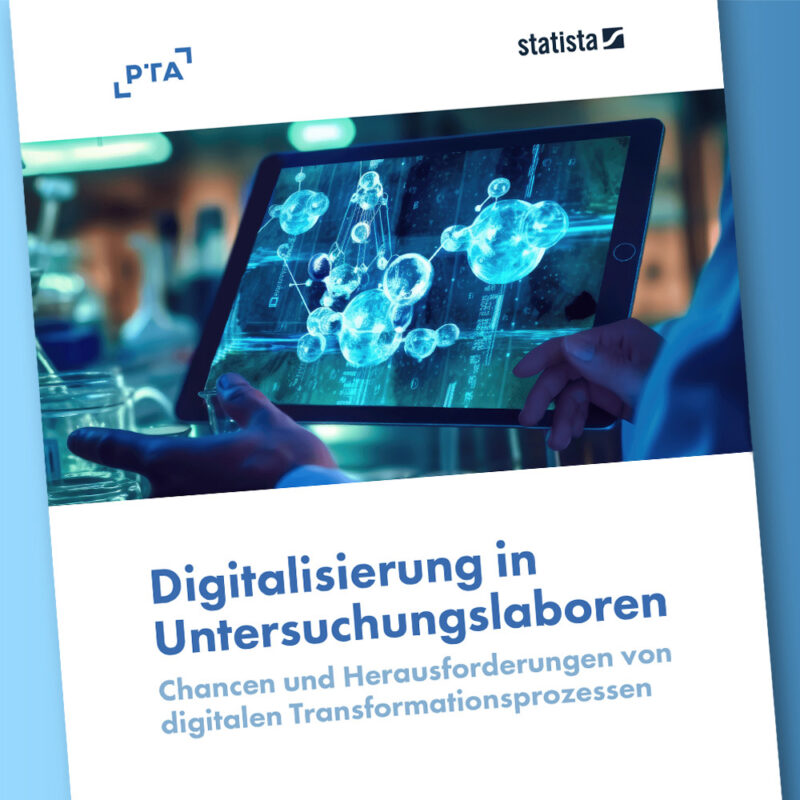Stand C-113 in Hall 2.2
DMEA is one of Europe’s most important events for digital health. And from April 9 to 11, 2024, it will be time again: The leading trade fair will open its doors at Messe Berlin and give industry experts and trade visitors from the digital healthcare industry the opportunity to discuss current market developments and solutions for digital applications in the healthcare sector. The life science specialists from Mannheim-based PTA IT-Beratung will also be presenting themselves to interested trade visitors at Stand C-113 in Hall 2.2. The Corporate Sustainability Reporting Directive (CSRD) is the focus of this year’s exhibition. The EU directive tightens the requirements for non-financial reporting. In the medium term, significantly more players in the healthcare industry will be obliged to prepare sustainability reports from January 1, 2025. This poses enormous challenges for small and medium-sized companies in the healthcare industry in particular. PTA’s IT experts therefore explain how professional sustainability management can be set up strategically, implemented with IT support and carried out in accordance with the specified standards.
EU directive must come into focus – timely action is required
This directive primarily affects all large EU companies that meet two of the following three criteria: The company employs more than 250 employees, it generates more than 40 million euros in net sales or has a balance sheet total of 20 million euros. In Germany alone, this will apply to around 15,000 companies in the next few years and a reporting obligation will generally apply from the 2025 financial year. It can be assumed that the EU requirements will become even stricter in the future. In the following year, small and medium-sized capital market-oriented EU companies will also be included in the scheme. Companies outside the European Union that generate more than €150 million in sales in the EU, operate at least one branch or subsidiary in the EU and exceed certain thresholds will also be affected by the reporting obligation in the future.
Setting the course for sustainability reporting in the healthcare sector now
CSRD regulation is still in its infancy and is already very complex. The players in the healthcare sector are therefore also well advised to set the course promptly in order to be able to provide information in good time after the transitional periods expire. To this end, the life science specialists from Mannheim-based PTA IT Consulting will be presenting proven solutions for the use and implementation of integrated management systems and reporting tools as well as automated data provision and seamless integration into existing IT landscapes. The IT know-how is flanked by in-depth industry knowledge.
From the in-depth materiality analysis …
As part of the required reporting obligation, PTA’s IT experts provide the complete life cycle and the necessary standards for professional CSRD reporting: A detailed analysis of the current situation should always be carried out at the start of such a complex project. As part of the analysis, it is important to determine whether relevant ESG data can be extracted from existing IT systems. The requirements that are necessary for the automated procurement of relevant data for an ESG dashboard can then be defined. Some companies may already have controlling systems in place that simply need to be adapted to the legally prescribed standards. It is advisable to install a transparent process overview in terms of data procurement, which can be used to understand which source and automation, which goal and which time horizon characterizes each process and who is responsible for it. Data management is certainly one of the biggest, if not the biggest, challenge for companies when preparing ESG (“Environment, Social and Governance”) reports.
… about the conception and suitable tool selection …
In a second step, PTA’s data experts provide support with the creation of a technical concept that takes up the results of the as-is analysis in order to determine the appropriate IT architecture and the necessary interfaces. options for automation and any applications for manual data collection. According to the Mannheim-based IT consultants, integrated infrastructures are particularly helpful and significantly reduce the complexity of ESG reporting: the targets set can be tracked more transparently and the measures required to achieve them can be tracked better. Advice on the right tool selection rounds off this phase. The question here is make or buy? Software manufacturers such as Microsoft and SAP have already launched standardized reporting solutions on the market. In addition, there are now a number of specialized providers for sustainability reporting, such as leadity. Financial as well as sustainability and governance key figures can thus be precisely monitored and controlled. These integrated solutions have the advantage that they can be easily embedded in an entire ecosystem of sustainability solutions and enable the creation of a sustainability solution from a single source. However, PTA’s IT consultants not only assist with the introduction of a standard solution – on request, they also develop individual ESG dashboards that meet the specific requirements of small and medium-sized companies in the healthcare sector in particular.
… through to the implementation and realization of a suitable reporting and analysis concept
As PTA’s IT consultants pursue a company-wide approach, there is always the option of rethinking a company’s entire reporting or analysis concept and optimizing it if necessary. Once the results of the analysis and the choice of suitable architecture and tools have been determined, project planning and a detailed concept as well as implementation, including extensive testing of integrated ESG reporting, can begin. Companies benefit from this type of reporting by being able to collect all the necessary key figures from various source systems, such as data warehouses, with little effort, as all data procurement processes are automated. This saves time, money and relieves management. The data obtained can also be clearly visualized in dashboards and reported in accordance with the legal requirements of the European Sustainability Reporting Standards (ESRS).
DMEA 2024: From telemedicine to healthcare apps – digitalization is changing the healthcare sector
What is driving health IT today and tomorrow? Experts and interested parties will find answers to these and other questions relating to digital health at DMEA 2024 with its extensive program consisting of numerous presentations, discussions and workshops. On various stages and topic hubs, experts and industry insiders from politics, science and practice will be on hand to answer questions on the key topics that the healthcare sector is going through in terms of digital transformation. On the first day of the trade fair, the DMEA will once again be hosting the popular get-together on the exhibition grounds. On the second day, all exhibitors and trade fair participants will have the opportunity to deepen their knowledge and impressions in a relaxed atmosphere at the DMEA party in the Metropol and to celebrate Europe’s most important event for digital health.
Get more information about the trade fair on the DMEA website or contact us directly:





